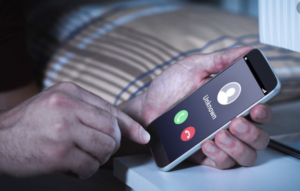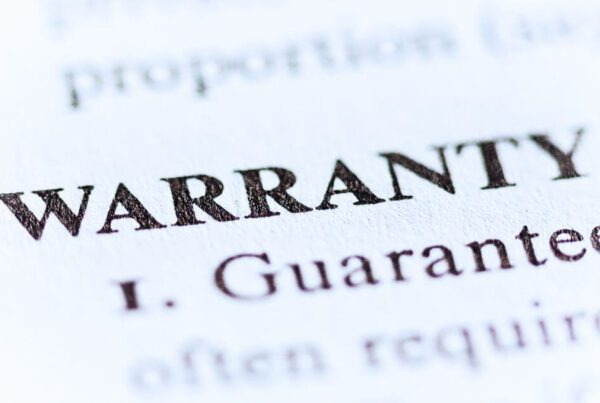The TCPA is a federal law passed by congress in 1991 in response to the growing rise of robocalls and faxes. Later, with the growing use of text messages, the Federal Communications Commission (FCC) declared that text messages are subject to TCPA restrictions.
The law applies to telemarketing calls and automatic telephone dialing system (ATDS) calls. An ATDS is defined as: equipment which has the capacity to (A) store or produce telephone number to be called using a random or sequential number generator, and (B) to dial such numbers.
This is important. Because if you receive a call or a text, even if many times over, by human beings, they are not subject to the TCPA.
Important is also that the call be made for “marketing” purposes. The term “telemarketing” is defined as “the initiation of a telephone call or
message for the purpose of encouraging the purchase or rental of, or investment in, property, goods, or services, which is transmitted to any person.” 47 C.F.R. § 64.1200(f)(12). In other words, the automated messages or calls must want to sell you something.
There are some exceptions. If the call or text constitutes and “emergency,” the TCPA does not apply. The TCPA does not define the word “emergency.” But FCC decisions confirm that “emergency” in the TCPA context is linked to calls or text related to the health and safety of the population. For example, in the context of the Covid-19 pandemic, the FCC “confirm[ed] that the COVID-19 pandemic constitutes an ‘emergency’ under TCPA and that consequently hospitals, health care providers, state and local health officials, and other government officials may lawfully communicate information about the novel coronavirus as well as mitigation measures without violating federal law.”
State governments generally are exempt from liability under the TCPA.
If you have been receiving unwanted calls or texts from debt collectors or telemarketing companies, call us at 305-570-2208 or email attorney Eduardo A. Maura at eduardo@ayalalawpa.com







